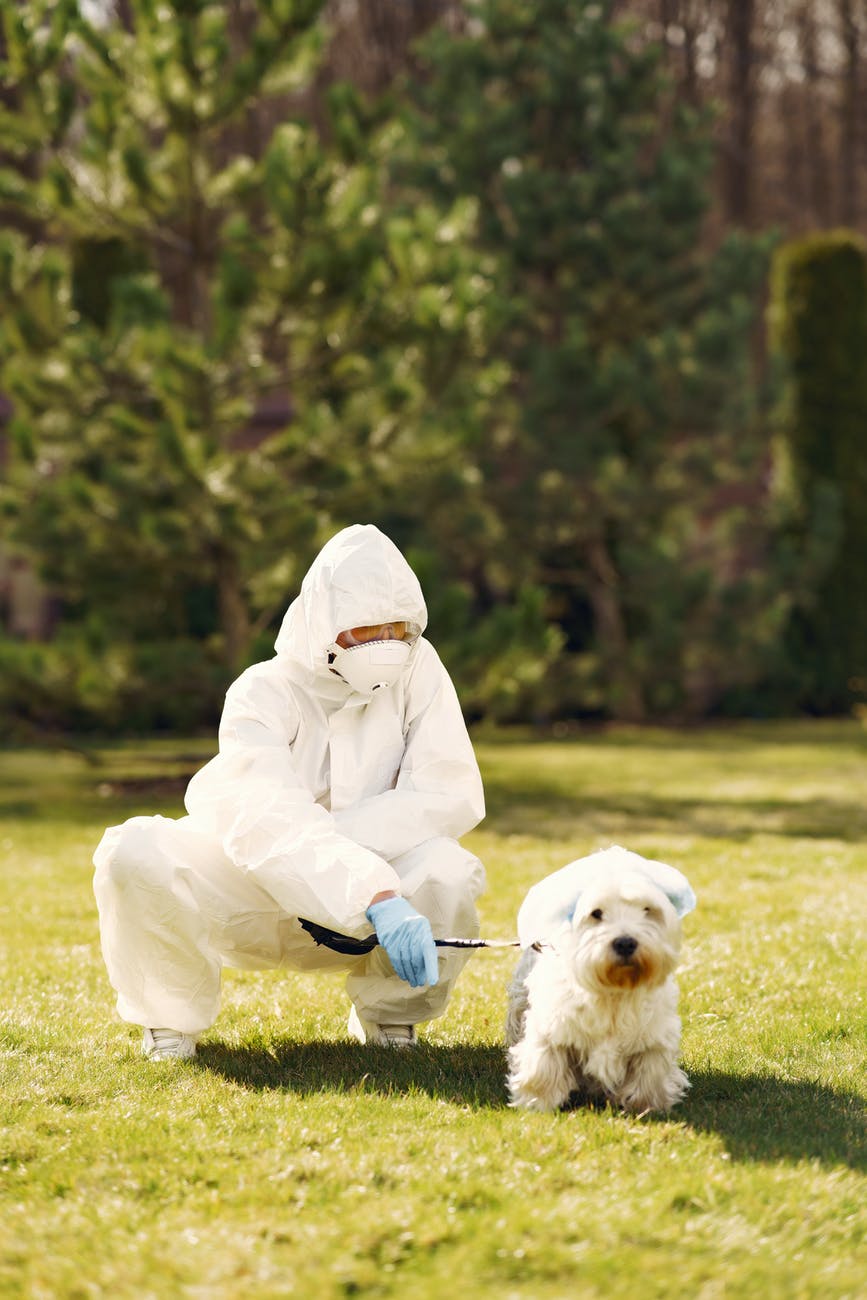
ANIMAL torture and killings in Trinidad and Tobago are making headlines… again. As recently as April 6, a video of the cruel act of hanging a dog from a tree went viral on social media. Three men were arrested and charged with unlawfully killing the dog. They were granted $15,000 own bail and are awaiting trial, as they pleaded not guilty.
Within days of the incident, a Change.org online petition was created by Christianne Zakour seeking help to Update the Domestic Animal Cruelty Laws in Trinidad and Tobago. To date, the petition has garnered over 20,000 signatures, and support is growing fast.
So, what is all this hullabaloo about?
There is the growing recognition that animals are sentient beings (capable of feeling pain and suffering, and having the power to think and reason) and should be treated as such.
There is also the recognition of their value as companions to human beings, who frequently consider them as family members, as opposed to mere pets.
Then there is the matter of the numerous studies which show a worrying connection between animal abuse and violence against people. For example, a 2001-2004 study by the Chicago Police Department “revealed a startling propensity for offenders charged with crimes against animals to commit other violent offenses toward human victims.” Of those arrested for animal crimes, 65 percent had been arrested for beating another person (battery). Researchers have also found that between 71 and 83 percent of women entering domestic violence shelters reported that their partners also abused or killed the family pet.
Given the studies showing animal abusers are red flags for people abusers and the changed perspectives of how animals ought to be treated, what rights do animals currently have in TT?
There are primarily two pieces of antiquated legislation. One is the Summary Offences Act, Chapter 11:02, passed some 99 years ago, that created offences related to stealing, injuring, ill-treating or killing animals. For instance, section 79(1) makes it illegal to cruelly beat, ill-treat, starve, overdrive, override, overload, abuse, torture, or otherwise maltreat any animal. However, the punishment is a paltry fine of $400 or 2 months imprisonment. Section 82 gives a Magistrate the power to award the “owner of the animal” compensation for the injury or damage, but this sum cannot exceed a meagre $500. The penalties for hurting or killing animals under this Act are so minor, they hardly seem a deterrent against abuse.
The other piece of legislation is the Larceny Act, Chapter 11:12 which, as the name suggests, makes it an offence to steal certain animals, such as cattle or dogs, or kill with the intent to steal. The punishment can range from prison sentences of 18 months to seven years.
In my mind, there is a compelling need for persons convicted of animal abuse to attend mandatory counselling sessions to deal with underlying psychological issues which may lead to violence against humans. For public protection, perhaps a convicted animal abuser registry should be created too.
Our laws ought to be changed so that animals are granted fundamental legal rights, as opposed to being treated as the “property” of its owner. For instance, the internationally recognised Five Freedoms could inform new animal welfare laws –
- Freedom from Hunger and Thirst and Malnutrition– by ready access to fresh water and a diet to maintain full health and vigour;
- Freedom from Fear and Distress– by ensuring conditions and treatment which avoid mental suffering;
- Freedom from Physical and Thermal Discomfort– by providing a suitable environment including shelter and a comfortable resting area;
- Freedom from Pain, Injury and Disease– by prevention or rapid diagnosis and treatment; and
- Freedom to Express Normal Patterns of Behaviour– by providing sufficient space, proper facilities and company of the animal’s own kind.
Mahatma Gandhi is credited with saying: “The greatness of a nation and its moral progress can be judged by the way its animals are treated.” Our laws fall far short of modern expectations on animal welfare protections. As seen by the terrible acts of cruelty making its rounds on social media, an urgent need to fix this, is glaring.
Copyright © 2020 Neela Ramsundar, LL.B (HONS), L.E.C is a Civil Litigation Attorney at Law & Certified Mediator.
Disclaimer: The contents of this article are for general informative purposes only. It does not provide legal advice and does not create an attorney-client relationship with any reader. For legal advice on your specific situation, please contact an Attorney-at-Law of your choosing directly. Liability for any loss or damage of any kind whatsoever allegedly incurred a consequence of using content in this article is thus hereby excluded to the fullest extent permitted by law.
![]()












